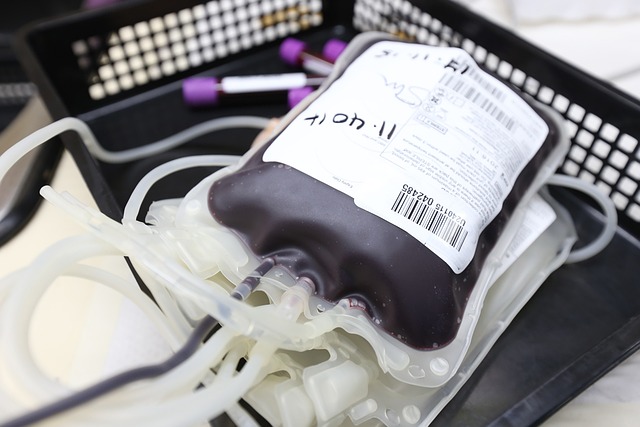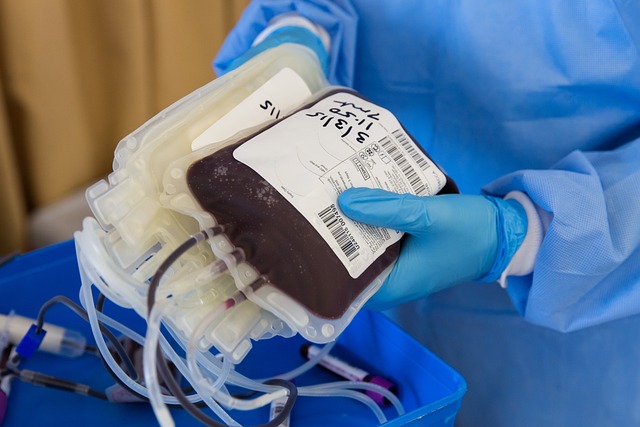A recipient receives something, while a donor gives or donates something to another person or entity. They are roles in the process of giving and receiving.
TL;DR Recipient Vs. Donor
A recipient is someone who receives something, be it a gift, an award, or a transplant. A donor is someone who willingly gives or contributes something to others.
The key difference between a recipient and a donor lies in their roles and actions. Recipients are passive participants who receive assistance or benefits from others. They may have needs or circumstances that require support or aid. Donors, on the other hand, take an active role by providing resources or contributions to those in need.
Definition of a recipient
A recipient is an individual, entity, or organism that receives or is the intended beneficiary of something, typically in the context of receiving a gift, donation, message, reward, or item.
In various contexts, recipients can refer to people receiving awards, beneficiaries of charity, individuals getting messages or packages, or even biological organisms receiving substances or treatments.
The term emphasizes the passive role of the entity or individual in accepting what is being given or transferred, highlighting the act of receiving as distinct from giving or donating. Recipients play a crucial role in the exchange, as they are the designated or chosen beneficiaries.
Definition a donor

A donor is an individual, organization, or entity that willingly contributes or gives something to another person, group, or cause, often as an act of generosity or support. Donors can provide financial assistance, assets, resources, blood, organs, or any form of aid to recipients, charities, institutions, or individuals in need.
The act of donating is typically motivated by altruism, compassion, or a desire to make a positive impact on society or the well-being of others.
Donors play a vital role in philanthropy, healthcare, and various charitable endeavors, as their contributions help address needs, advance research, and improve the lives of recipients and communities.
Recipient Vs. Donor – Key differences
| Aspect | Recipient | Donor |
|---|---|---|
| Definition | Entity receiving something, often as a beneficiary or recipient of a gift, aid, or contribution. | Entity or individual giving or donating something, often out of generosity, support, or altruism. |
| Role | Passive role in accepting what is being given or transferred. | Active role in providing or giving something to others. |
| Examples | A student receiving a scholarship, a patient receiving a blood transfusion, or a charity receiving donations. | A person donating money to a charity, an individual donating organs, or a corporation donating supplies to a disaster relief effort. |
| Motivation | Seeks to benefit or gain from what is being received, whether it's aid, support, or resources. | Often driven by altruism, compassion, philanthropy, or a desire to help others without expecting direct personal gain. |
| Relationship | Typically the party in need or the intended beneficiary of assistance or contributions. | Usually the party providing assistance or contributions to meet the needs of recipients. |
| Involvement | Primarily involved in receiving or accepting the offered item or support. | Actively involved in the act of giving, donating, or providing assistance. |
| Examples in Context | A student receiving a scholarship to fund their education, a hospital patient receiving a blood donation, or a disaster relief organization receiving supplies. | An individual donating money to a charity, an organ donor providing a life-saving transplant, or a corporation donating goods to a food bank. |
Image Credits
Featured Image By – Ahmad Ardity from Pixabay
Image 1 By – Ahmad Ardity from Pixabay








